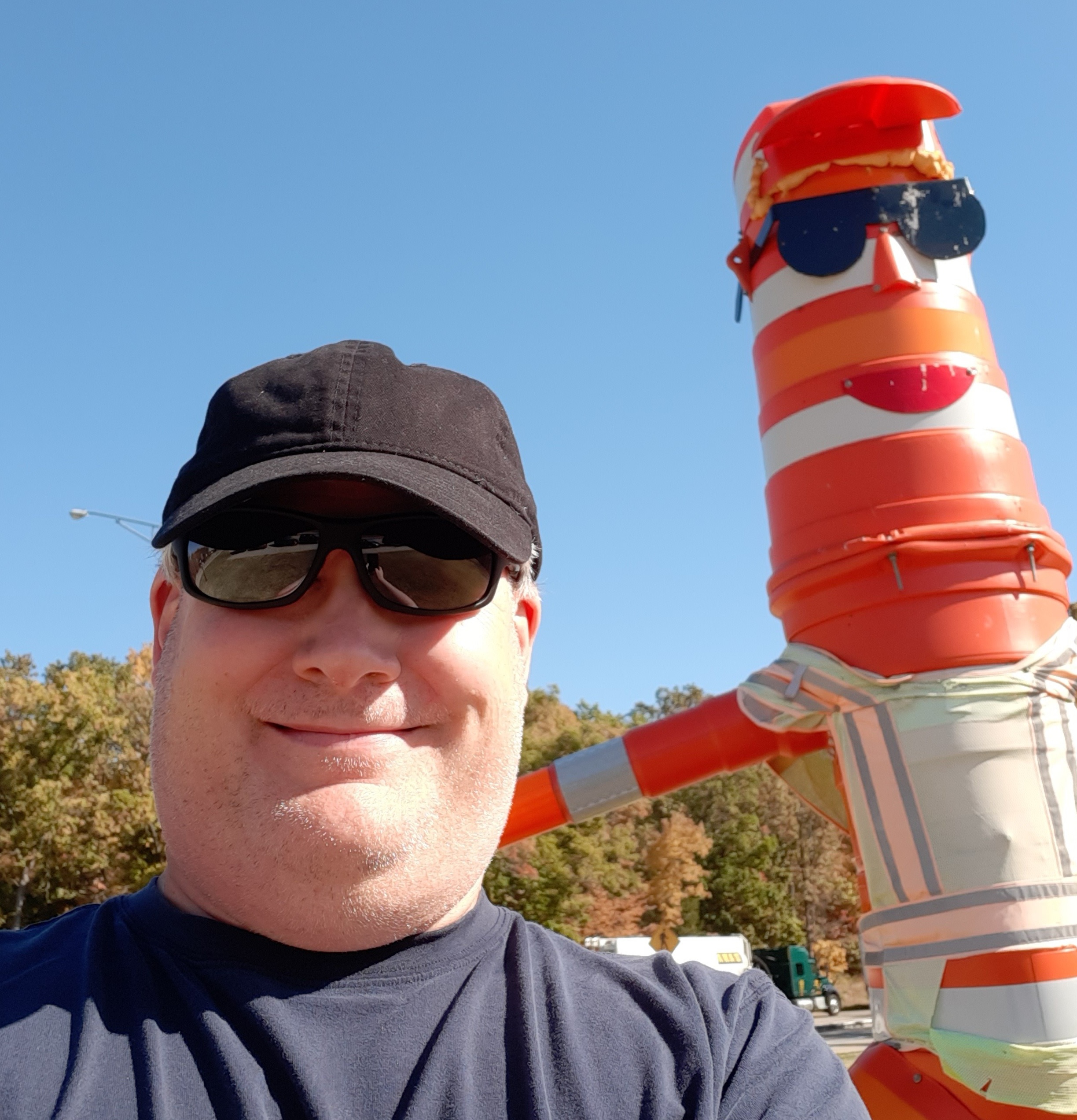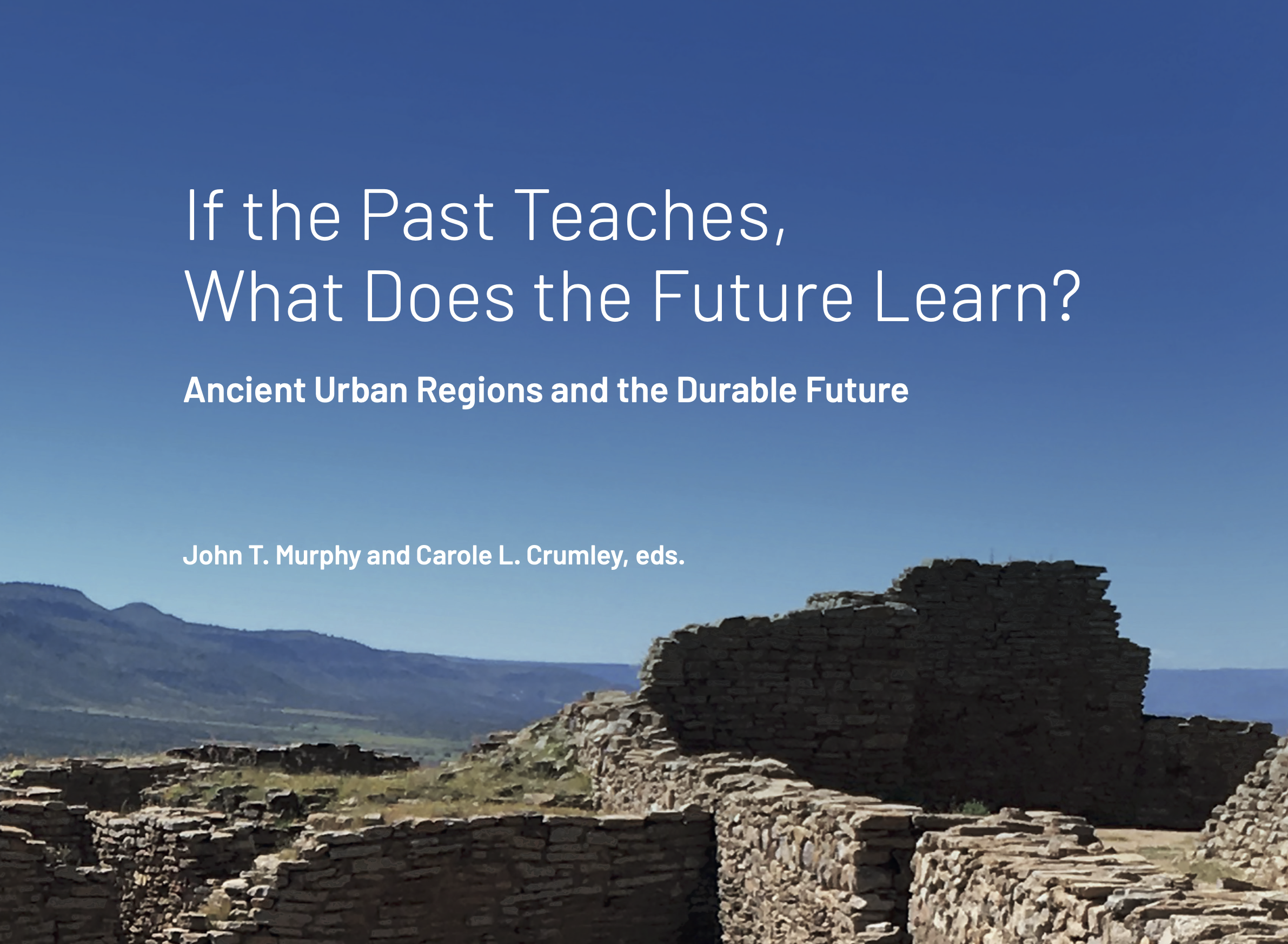The Perfect Knowledge Database
Aspirational miscellany from John T. Murphy
There is no path to a better world that does not begin with the commitment
to respect the dignity of every single human being on the earth.
I'm an archaeologist and an anthropologist; it also happens that I have used computers for my work, though I'm not strictly speaking a computer scientist. I have a PhD from the University of Arizona in Archaeology, and worked for more than a decade as a computational engineer at a U.S. national research laboratory. I specialized in Computational Social Science and social simulation and modeling. I left the U.S. laboratory system in 2024.
I study alternative forms of social complexity: societies that are rich and complex, and that structure power in various ways. This includes the kinds of societies we all live in - modern states - but also a wide array of other alternative political forms. Many of these we only know from history and archaeology; some of those are things previous generations of archaeologists have missed, and we are only beginning to learn. An important pool of knowledge are the traditions of societies whom western scholars have long ignored. Indigenous knowledge matters.
My deep belief is that anthropology and archaeology, by giving us a wider view of what's possible, can help us make our world better, and that it can help us reach a diverse, equitable, inclusive, resilient, and just society. I believe that the path toward this is exciting and full of beauty and wonder; it is an exploration of the full scope of the human journey on earth.
Despite being a 'computer guy' - or maybe because of it - I believe technology in general, and computation specifically, will play a role, but it is likely to be minimal; simplicity is a better guide. The real resources on which we need to draw are the lived experiences of individuals, the rich histories of all peoples and nations, and basic goodness and humanity of all of us who share the planet.
I'm exploring this by reading, traveling, writing, and thinking. Having learned that archaeology has missed out on many of the past's lessons, there is an exciting research path ahead, and, along with it, a personal journey. I've decided to call what I do, "Radical Complexity." I hope more people will join me on the trip.

Me, with a friend from one of my road trips. I'm the one on the left.
More, for those who want it: |
 |
Why is this site called 'The Perfect Knowledge Data Base'? 'Perfect Knowledge' is both a nod to spiritualism and a reference to an assumption in social simulations about the awareness that the simulated agents may have about their contexts (we can assume they have limited or bounded knowledge or 'perfect' knowledge). It is also a reference to an assumption of our means of interpreting simulations: We have limited knowledge about the real world, which is always messy, complex, and beyond our grasp; but we have perfect knowledge about the simulation: no matter how large or how complex, it is always a deterministic finite state machine, and we should know every component of it in order for us to make use of its output. Finally, it's the name I chose when I did database consulting a couple of decades ago; then it was "Perfect Knowledge Databases", with the perfectknowledgedb URL, but I like the shift from plural to singular, and the URL works fine both ways.